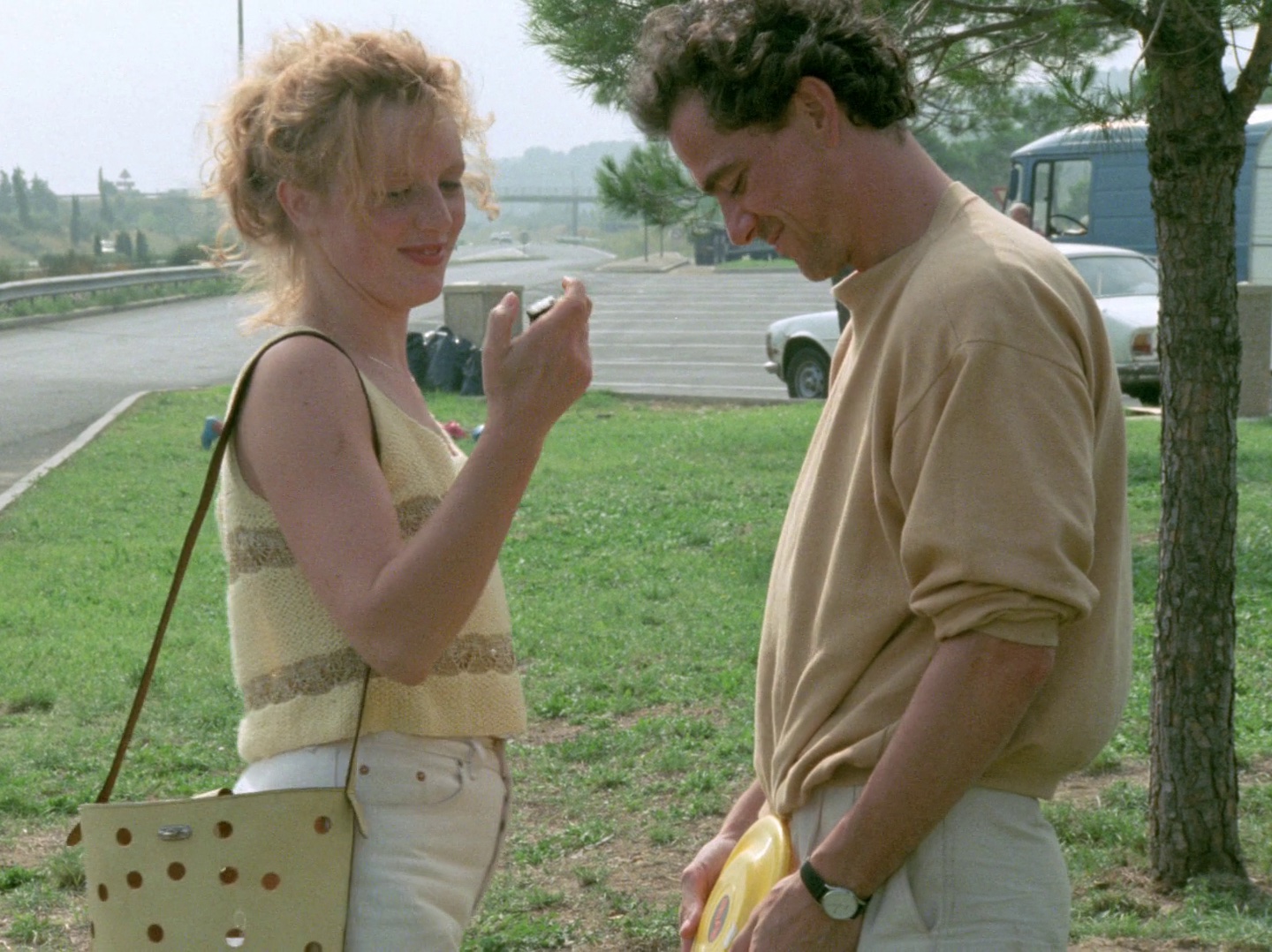
A young man embarks on an obsessive search for the girlfriend who mysteriously disappeared while the couple were taking a sunny vacation trip.
EN
“One of the most intriguing things about The Vanishing is the film’s unusual structure, which builds suspense even while it seems to be telling us almost everything we want to know. The movie is a thriller based on a domestic tragedy – on a wife who inexplicably vanishes into thin air, and of her husband's three-year search for information about what happened to her. Almost from the beginning of the film, we know more than the husband does, and yet the more we know, the more we wonder and fear.more we wonder and fear.”
Roger Ebert1
“For uncertainty to play any role in suspense, it must be in terms of a condition on having a desire to know, i.e., one desire among many for which frustration gives rise to feelings of suspense. […] During our initial viewing of Spoorloos, we, just like the main character Rex, develop an overwhelming and perverse desire to know what happened to his girlfriend Saskia after she vanished from a heavily trafficked roadside gas station. Spoorloos, however, isn’t a whodunit; we as viewers are told quite early on in the film that Raymond abducted Saskia. Yet despite being so informed, we are little better off epistemically than Rex, who spends the three years following Saskia’s disappearance utterly consumed by his obsession to know what happened to her.”
Christy Mag Uidhir2
- 1Roger Ebert, “The Vanishing,” rogerebert.com, 25 January 1991.
- 2Christy Mag Uidhir, “An Eliminativist Theory of Suspense,” Philosophy and Literature 35 (2011), 121–133.

